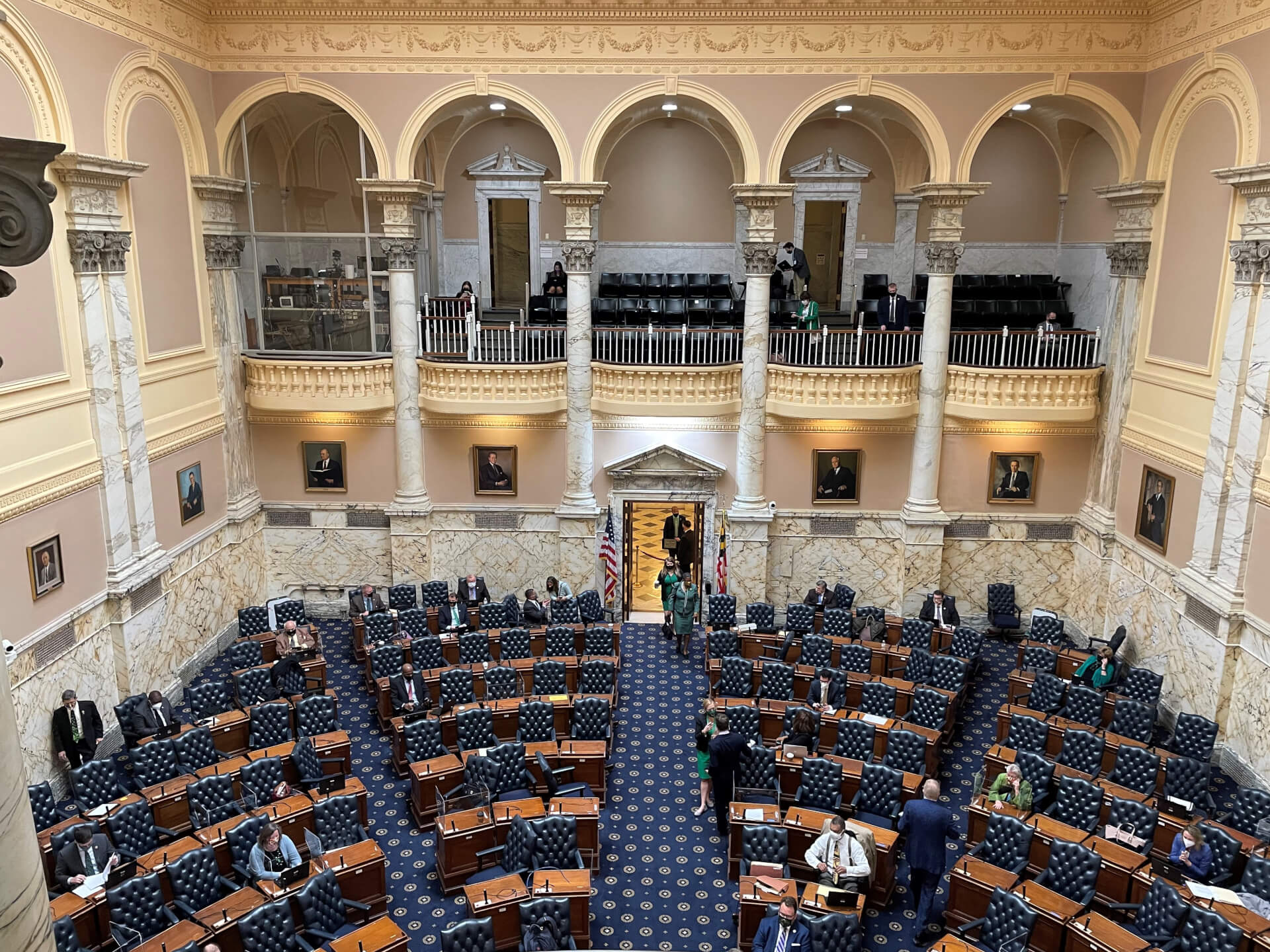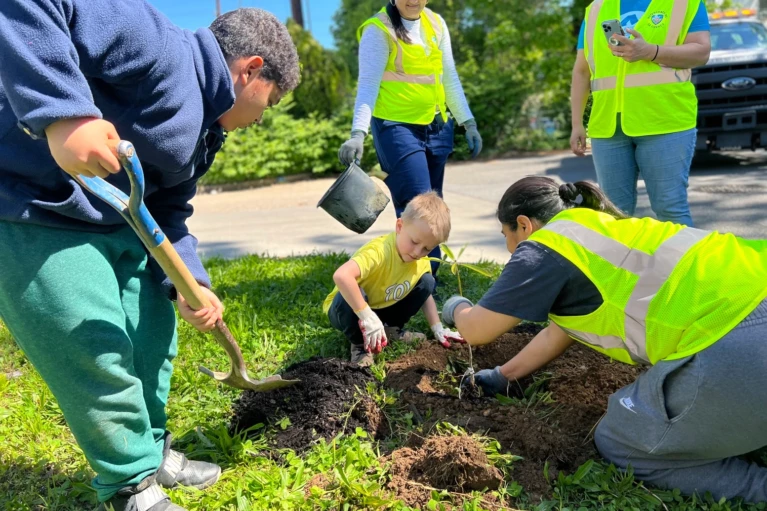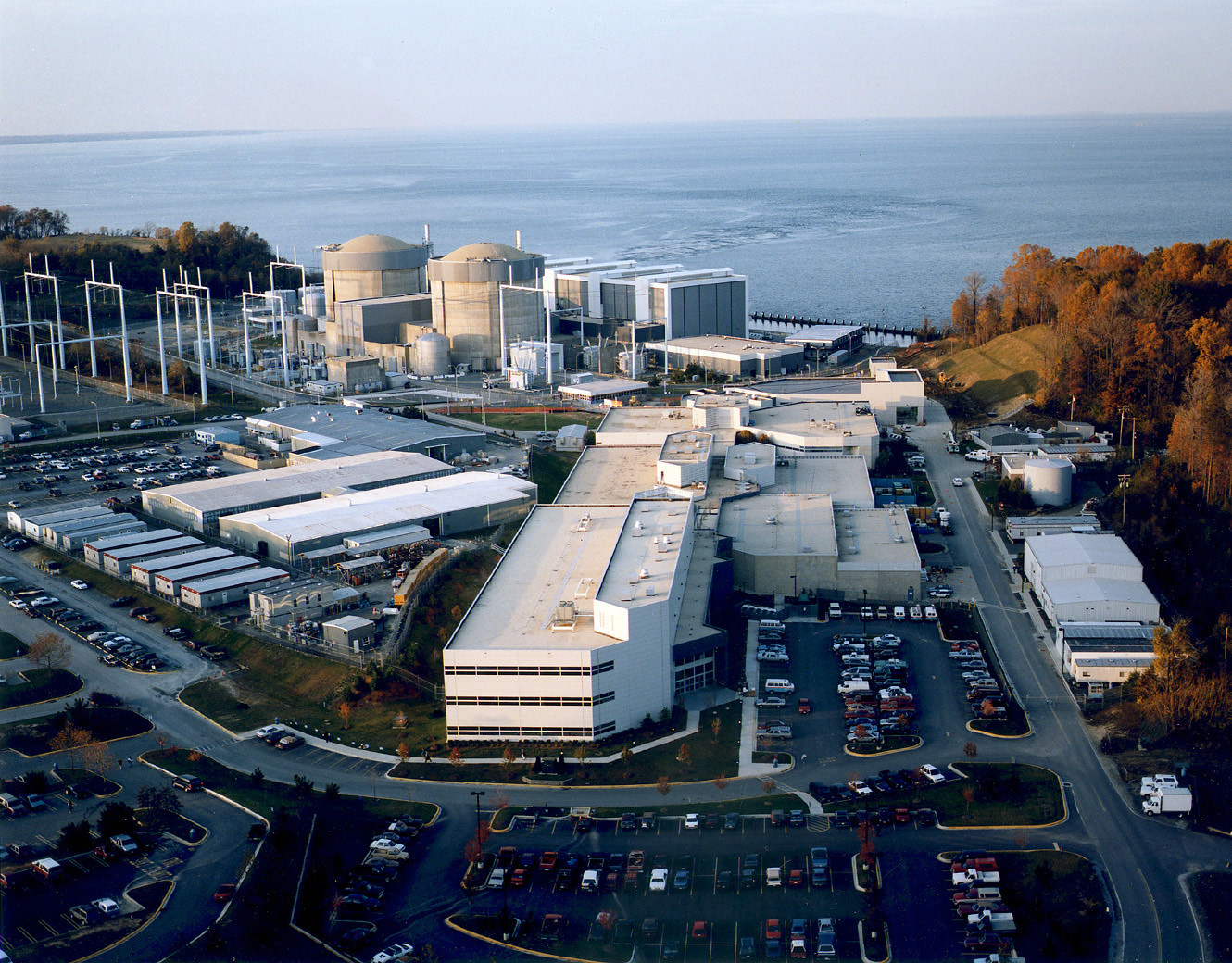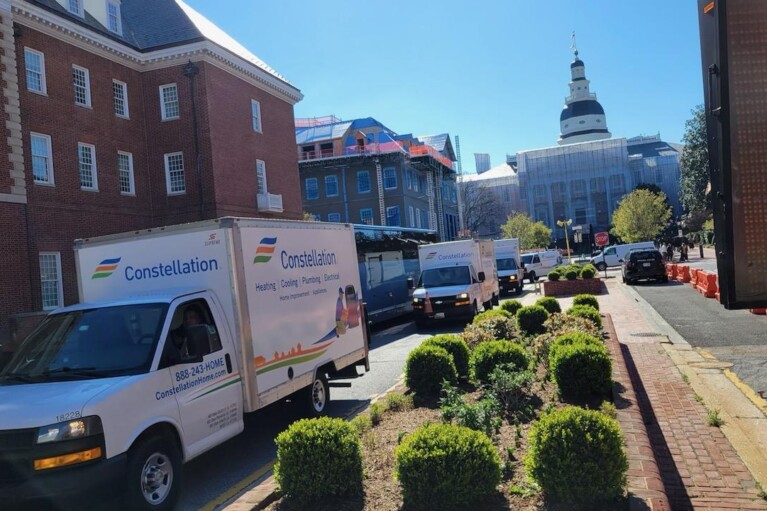Environmental Bills — on ‘Black Liquor,’ Pollution Tracking and Composting — Move Forward in House

Maryland lawmakers are looking to change the clean-energy classification of a controversial renewable energy source – but Republicans worry that doing so could drive up energy costs in the state.
“Black liquor,” a byproduct of paper production, is currently listed alongside wind and solar as a “Tier 1” clean energy source by the state – but House Economic Matters Committee Chairman Dereck E. Davis (D-Prince George’s) warned Wednesday that turning the residue into energy results in high pollution.
“Renewable energy and clean energy are not one in the same,” Davis said.
House Bill 875, sponsored by Davis, would remove black liquor from the state’s top renewable energy tier under the renewable energy portfolio standard (RPS). Lawmakers have mulled similar proposals for years – and similar attempts to remove the product from clean energy classifications have failed as recently as February.
While environmental advocates and lawmakers on both sides of the aisle have long said that black liquor shouldn’t qualify as a top-tier clean energy source, House Republicans worried Wednesday that the proposal would lead to higher energy bills for Marylanders.
Del. Robin L. Grammer Jr. (R-Baltimore County) attempted a pair of amendments that would’ve pushed the bill’s effective date from the beginning of 2022 to 2023, and restored black liquor as a Tier 1 renewable energy source if prices shot up over time. Grammer said he was worried that removing a renewable energy source would result in higher energy bills for Marylanders – with a disproportionate impact on people with lower incomes.
Both of his amendments were rejected by votes of 40-91 and 41-90, respectively.
House Minority Leader Nicholaus R. Kipke (R-Anne Arundel) attempted an amendment that would’ve pushed the bill’s effective date back to 2023, and only placed a ban on black liquor products from outside of the state. He criticized the bill for limiting the state’s renewable energy options.
“We’re limiting, reducing the market, for what these recycled products could ultimately do for us,” Kipke said.
The amendment was likewise rejected in a 40-93 vote.
Republicans successfully amend environmental tracking bill
The House also gave preliminary approval Wednesday to a bill from Del. Brooke E. Lierman (D-Baltimore City) would require the Maryland Department of the Environment to track alleged environmental law violations on its website, including a list of active complaints and new legal settlements.
But Rep. Johnny Mautz (R-Middle Shore) warned Wednesday that complaints about sewage overflows aren’t included in those tracking requirements – and successfully amended the proposal to require state officials to track sewage overflow incidents in the state.
Mautz said point-source pollution from wastewater treatment plants into the Chesapeake Bay has been a “number-one concern” in his district for some time.
While Democrats embraced Mautz’s amendment, another Republican proposal to strike the bill’s public tracking of alleged environmental violations was rejected. Del. Jesse T. Pippy (R-Frederick) worried that the bill would create a website to publicly track allegations rather than proven violations.
“I don’t think we should be hiring full-time state employees to create a gossip website,” Pippy said.
Del. Regina T. Boyce (D-Baltimore City), the bill’s floor leader, said the tracking website wouldn’t contain “identifying information.” Instead, the publicly available tracking information would contain a complaint number, the jurisdiction where an alleged violation occurred and pertinent dates to each case. Pippy’s amendment was rejected in a 40-91 vote, and the proposal passed second reading.
Bill would divert food waste from landfills
House Bill 264, which would establish a food waste composting and diversion system in Maryland, received initial approval.
The bill was amended in the House Environment and Transportation Committee to remove restaurants from the program, with lawmakers citing concerns over lost revenues during pandemic-related closures.
As amended, the bill would apply to supermarkets, convenience stores and large public and private cafeterias that generate two tons or more of food waste each week. The bill would require the facilities to compost or otherwise divert food waste, so long as there is a compost facility is within 30 miles of the business that does not cost more than 10% more than garbage fees.
The goal is to divert enough waste from landfills to create a sustainable composting industry in the state of Maryland, Environment and Transportation Committee Chairman Kumar P. Barve (D-Montgomery) said.
All three measures could come up for a final vote as early as Thursday.





 Creative Commons Attribution
Creative Commons Attribution